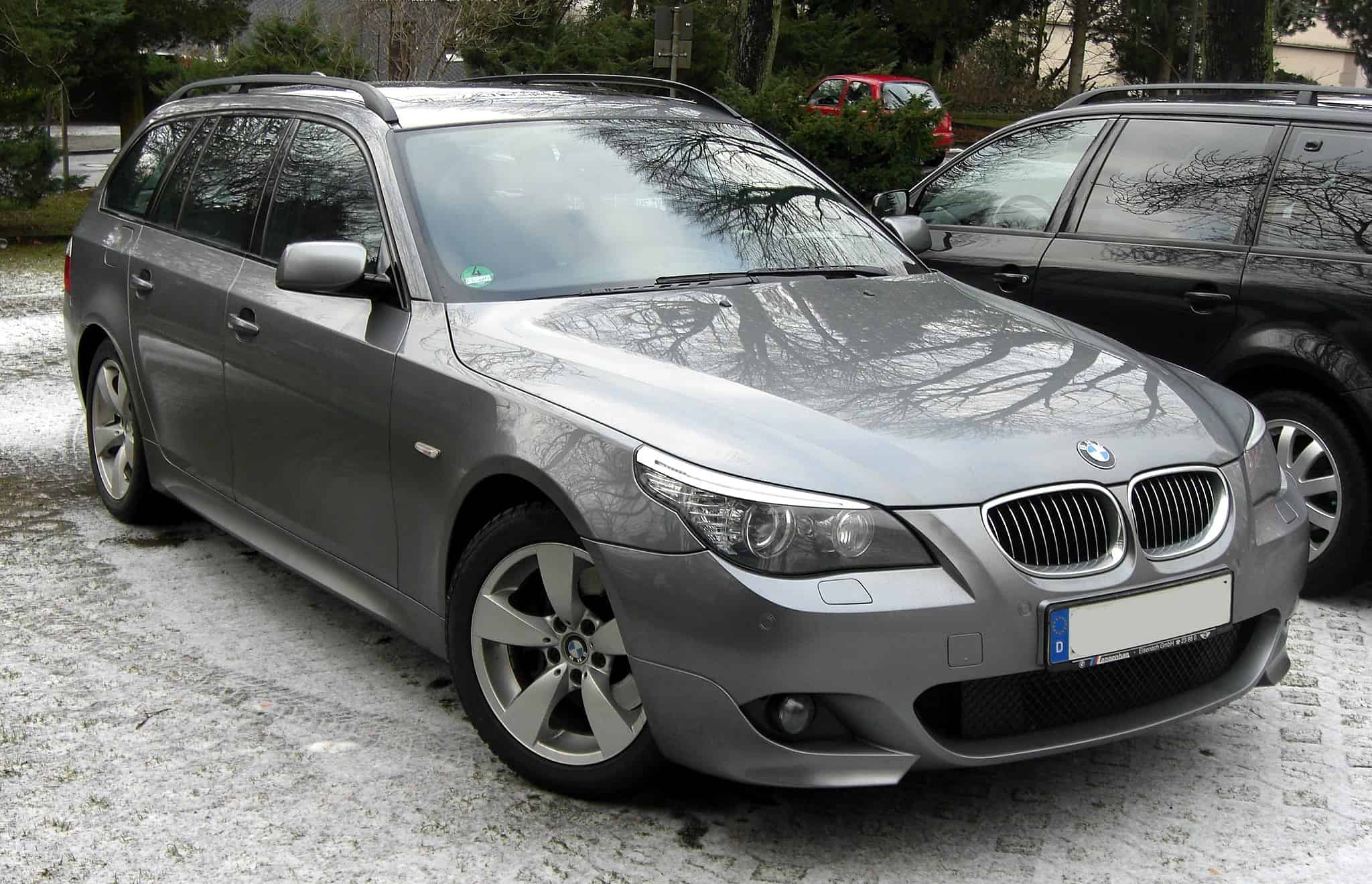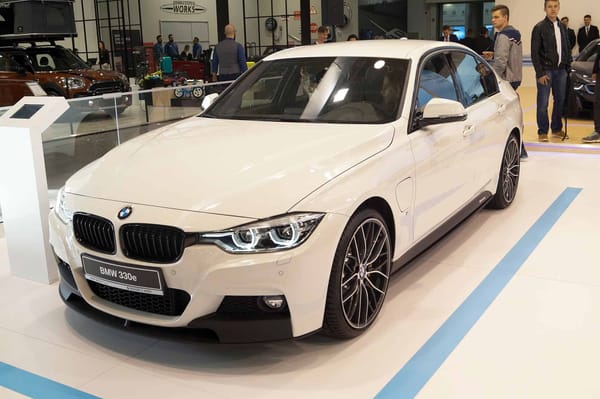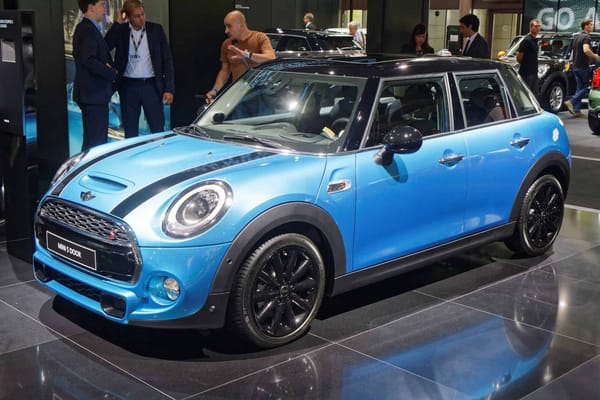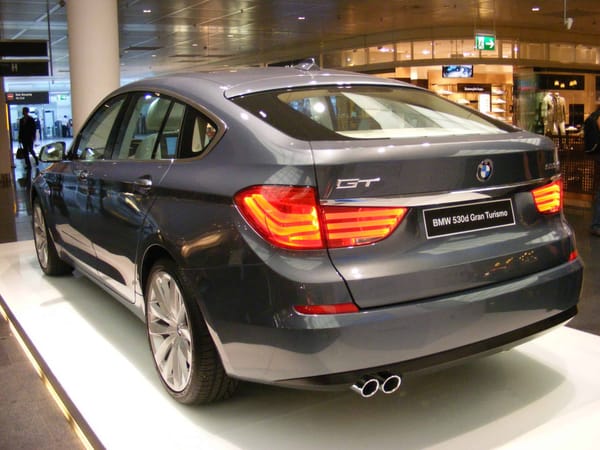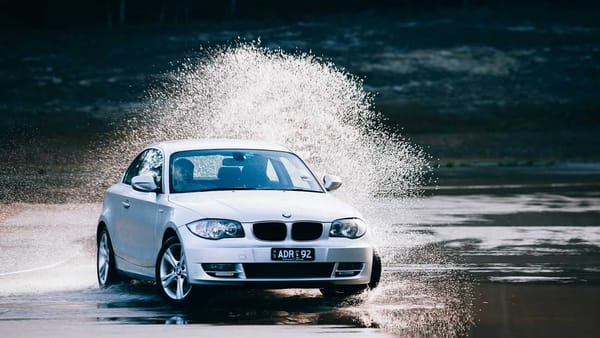Knocks from around the pulley, tension rollers and multi-ribbed belt in BMW - how to fix it?
I would like to ask about a technical matter. Most willingly I would personally put away the BMW to you, but unfortunately I live a little far away. Namely, the problem I have ...
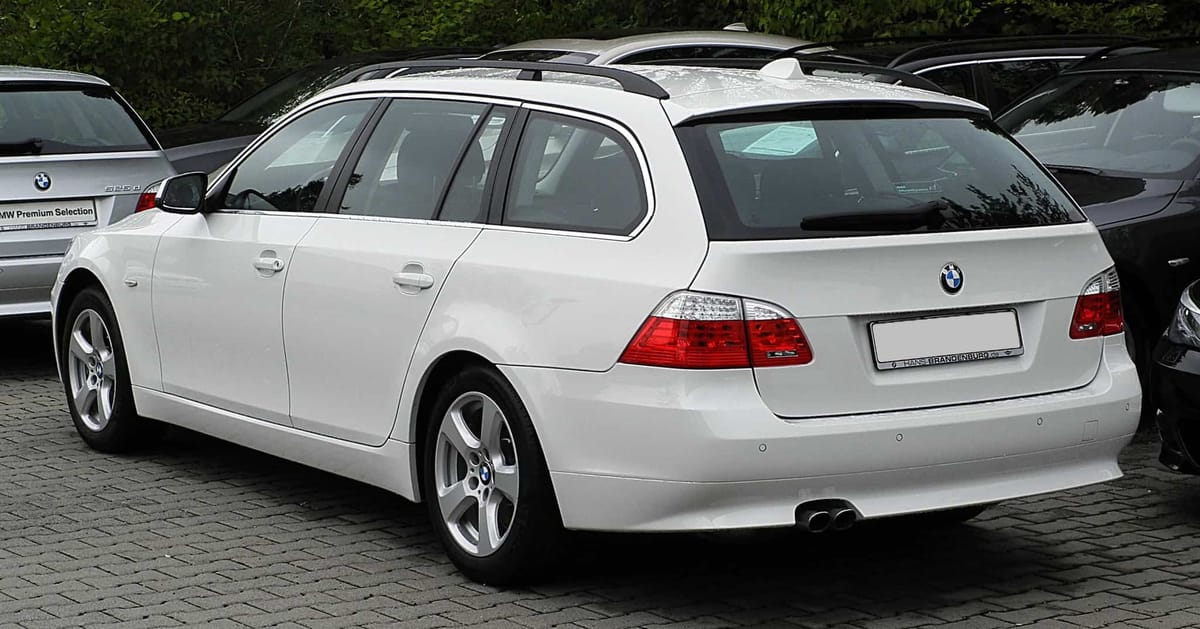
Driver's question about the pulley on the BMW
I would like to ask about a technical issue. Most willingly I would personally put the car back to you, but unfortunately I live a little far away. Namely, the problem I have is that after replacing the pulley, tensioner and all the belts, there appeared such a characteristic cyclic rattle from the front of the engine.
I was convinced that the new pulley (Corteco brand) was defective, and I immediately bought another new pulley, and returned the earlier ones for a claim. They did not acknowledge it, because after testing the wheel, the seller said it was free of defects.
After installing the next pulley, the characteristic knocking noise did not stop. I decided to drive nevertheless, and after about two months everything calmed down and the engine ran like a watch, but after eight months of peace the rattling returned again.
I am asking you because you have a lot of experience with these cars and maybe this will be a known problem for you. From what I see and read, this is a fairly common problem. Many users of this engine are struggling with this problem.
Please give me some advice - what is making this noise? I don't know what else to replace. Is it the air conditioning compressor? Or the pump? Or is it the pulleys that are so defective? If you have experience with this problem I would appreciate your help and advice.
The problem was with a 2006 BMW E61 525d with the M57N/D25 engine, but it may also occur in other models.

BM Cars service response - possible sources of knocking at the pulley
The described noises from the front of the engine can come from any component driven by the multi-ribbed belt. In addition to the pulley, check carefully:
- the tension and guide rollers of the multi-ribbed belt,
- belt-driven accessories:
- alternator,
- water pump,
- air conditioning compressor,
- power steering pump.
The most typical and most common in diesel engines is damage to the pulley (vibration damper). Under the influence of torsional vibration, the rubber part of the wheel cracks and eventually breaks off the metal rim. A poor-quality wheel, even a new one, can, after installation, vibrate with a high amplitude, causing rattles and strange sounds under the load of multi-ribbed belts.
In addition to selecting the right, good-quality wheel, it is also important to install it correctly. According to BMW documentation, the wheel should be bolted with new bolts to the correct torque with tightening at the correct angle. Improper tightening of the wheel, as well as the use of old bolts, can cause wheel run-out or rapid damage during operation.
In your case, it is necessary to diagnose and check the items listed above for an accurate diagnosis and repair of the defect.
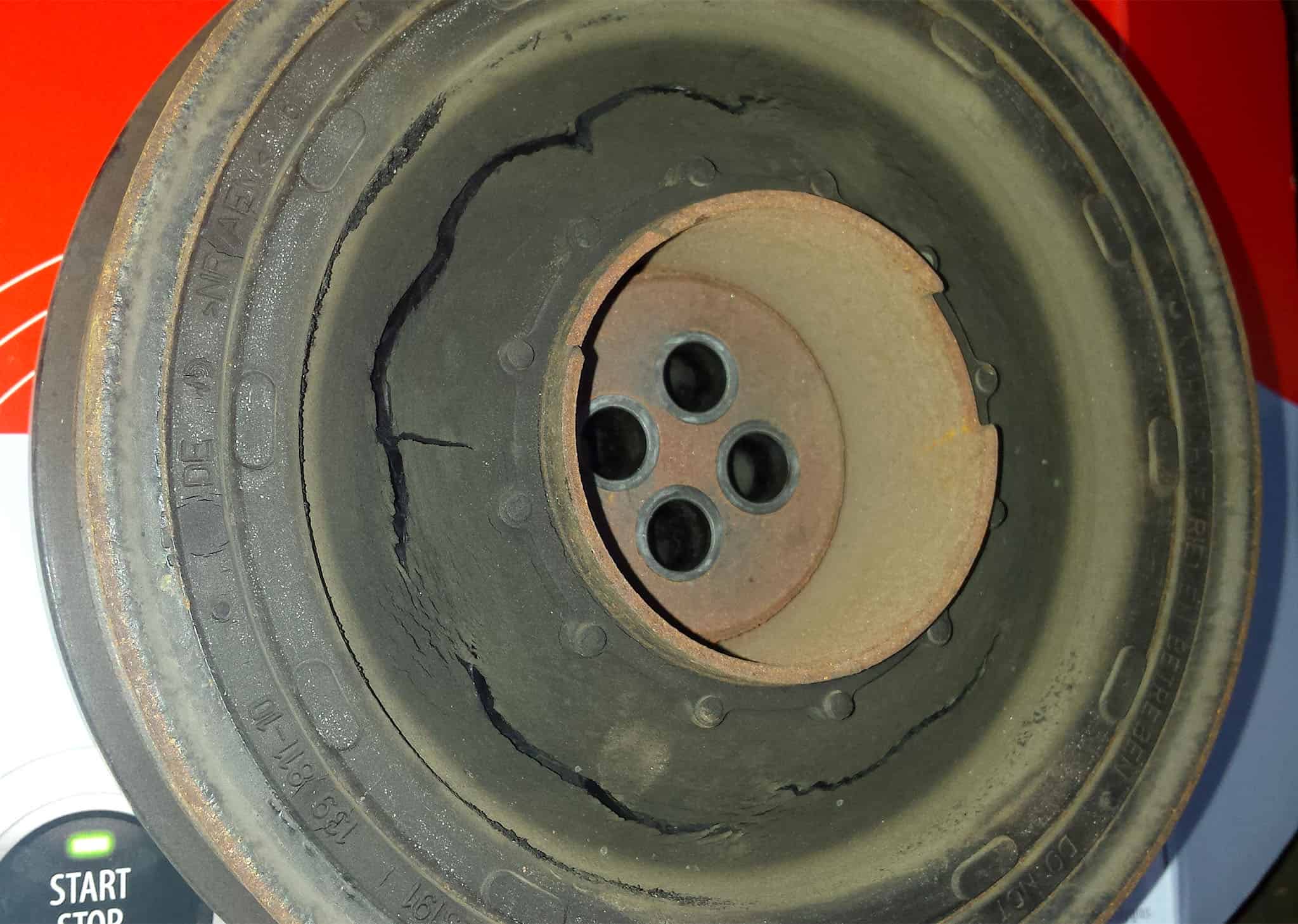
Other BMW tips related to the topic at hand
- Body vibration at slow speeds in BMW - what is the cause and how to fix it?
- Can a worn tensioner pulley cause knocking and vibration in a BMW?
- Body vibration in a BMW with a diesel engine - how to fix it?
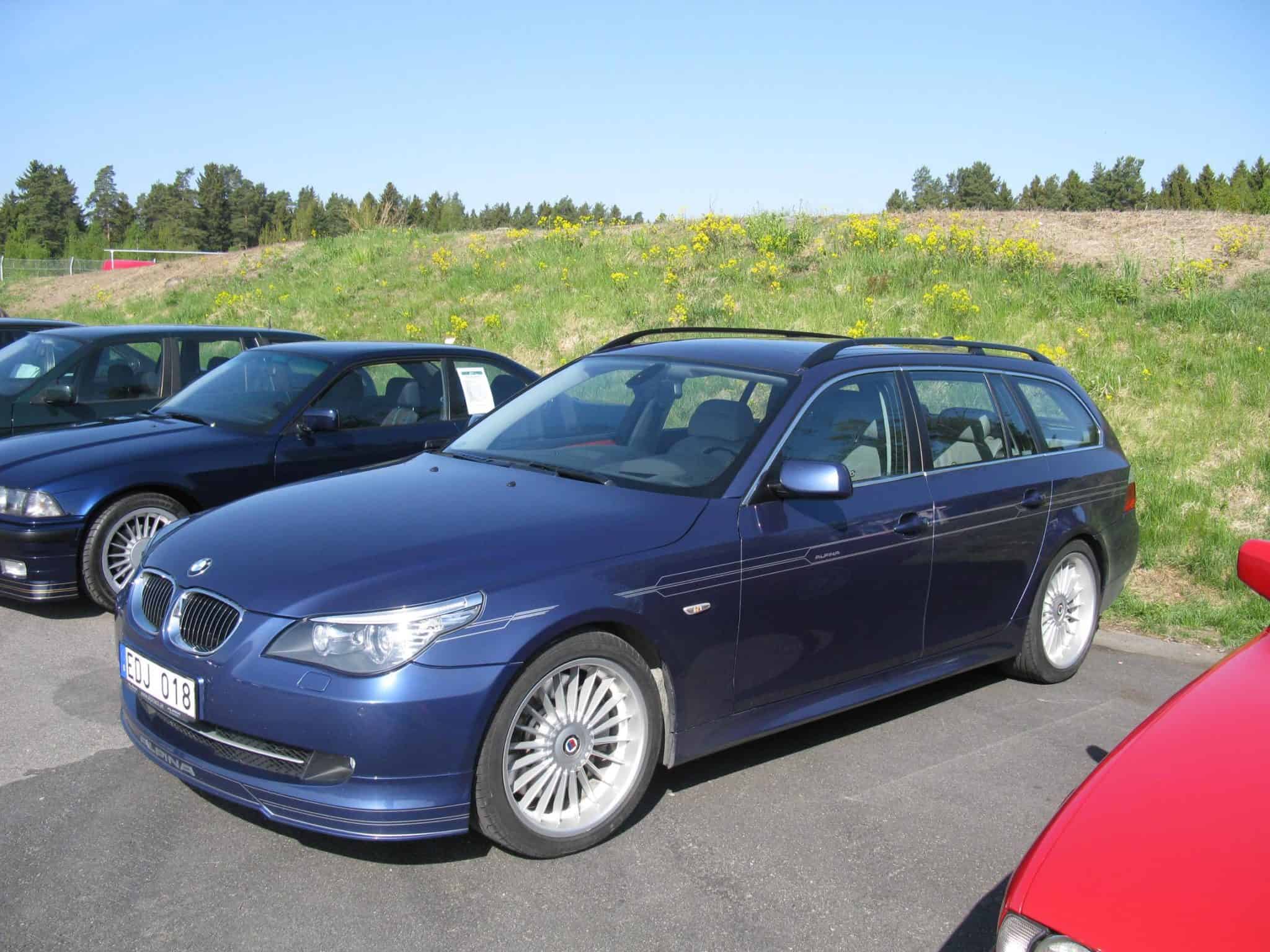
Read more tips and ask your own question
